Christianity has a long history, dating back thousands of years. A lot has happened during this period and it’s what has turned Christianity into the religion it is today. Here are 17 fascinating things about Christian history you never knew.
The Origins of Christianity
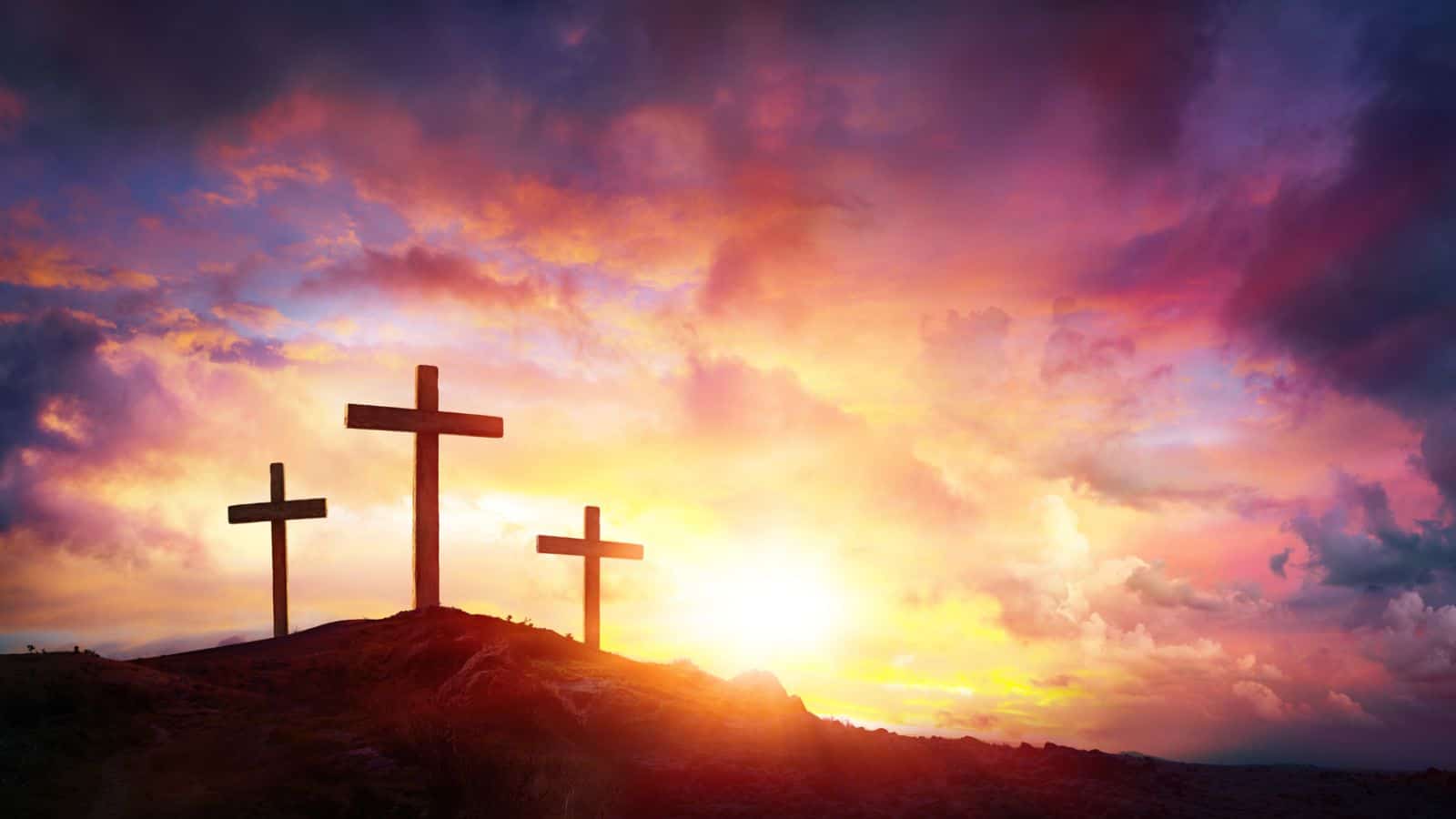
Christianity has been around for two millennia. This is supported by Have Fun With History, which writes, “Christianity originated in the 1st century AD in the region known as the Levant, which includes modern-day Israel, Palestine, and Jordan.” It started as Judaism before developing into Christianity, with Jesus as the religion’s main figure.
The Denominations

There are different groups of Christians within the religion. Christianity is formed of Catholicism, Eastern Orthodoxy, and Protestantism. Protestantism is the newest denomination, which was formed in the 16th century. It started in 1517 and was led by Martin Luther, who chose to voice his own ideas on Christianity.
The Bible’s Compilation
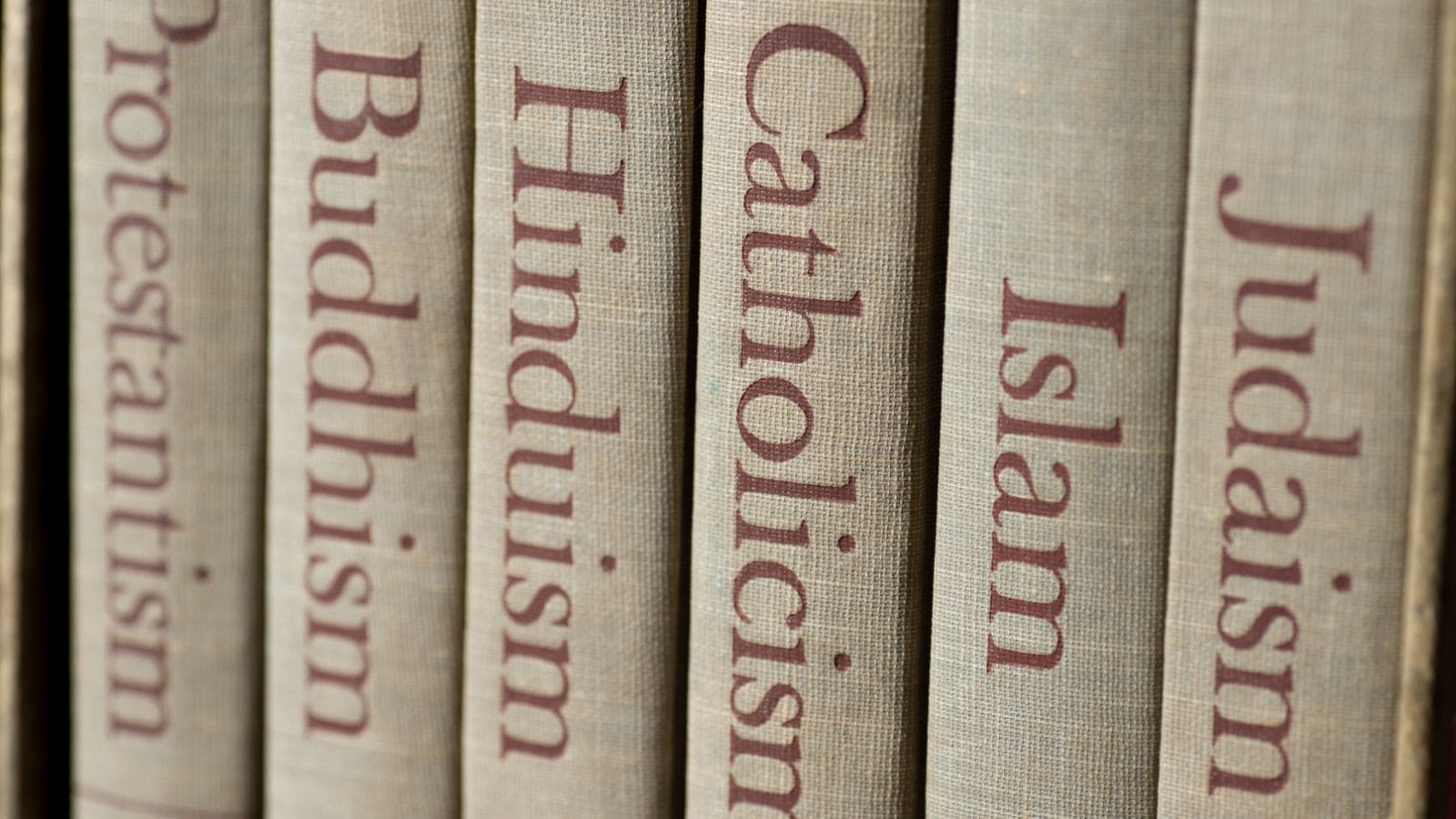
The Bible was originally written in Hebrew, Aramaic, and Greek. It was later translated into Latin and then into English to keep up with modern times. The Gutenberg Bible was first written in the 1450s and was considered to be the first portable Bible.
Christianity in the Roman Empire
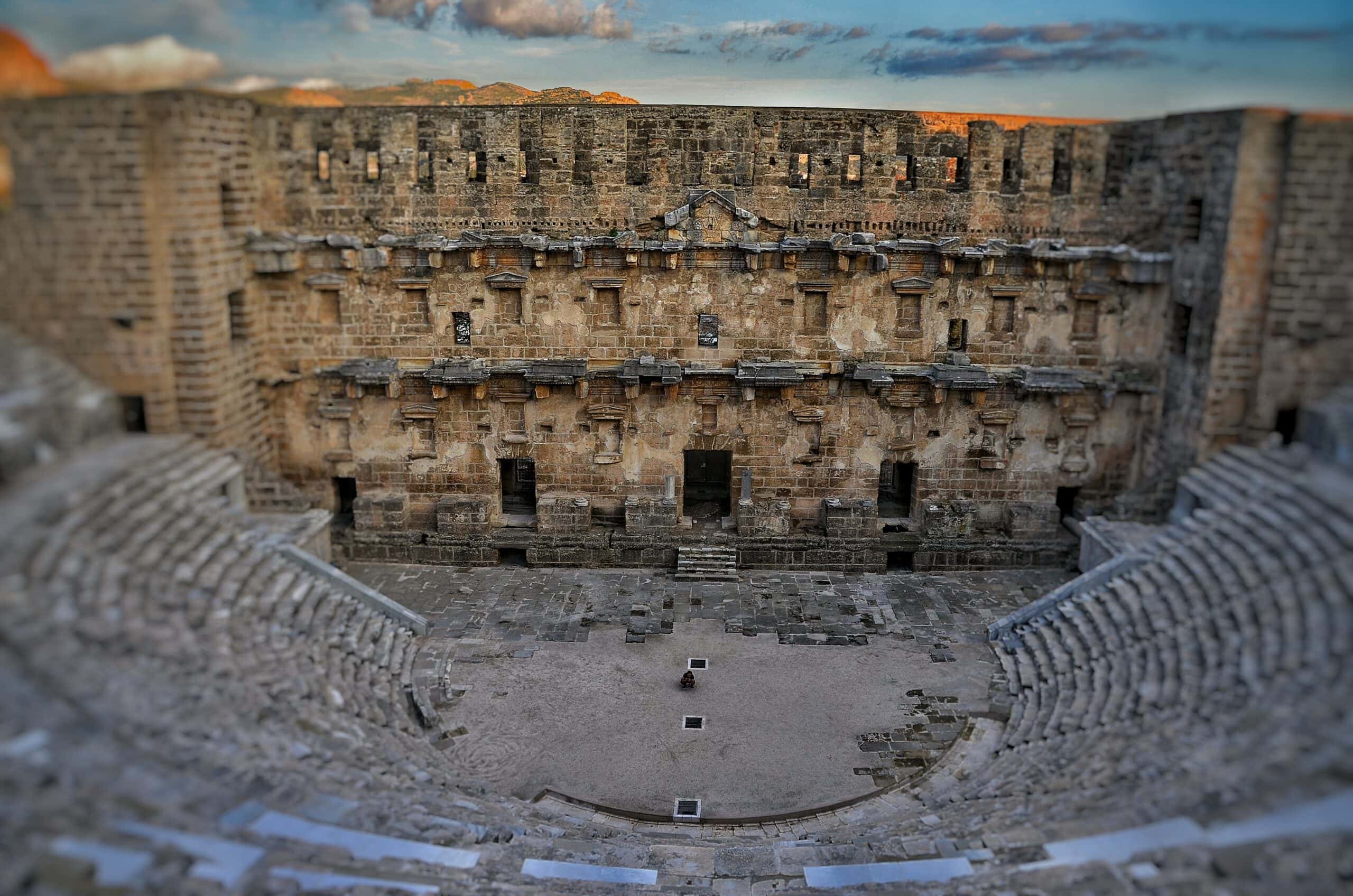
Even though there was an early persecution of Christianity in the first century, the following centuries saw the rise of the religion. It gained the most popularity in the 4th century, when Emperor Constantine converted to Christianity. It was then legalized throughout the Roman Empire.
The Holy Trinity
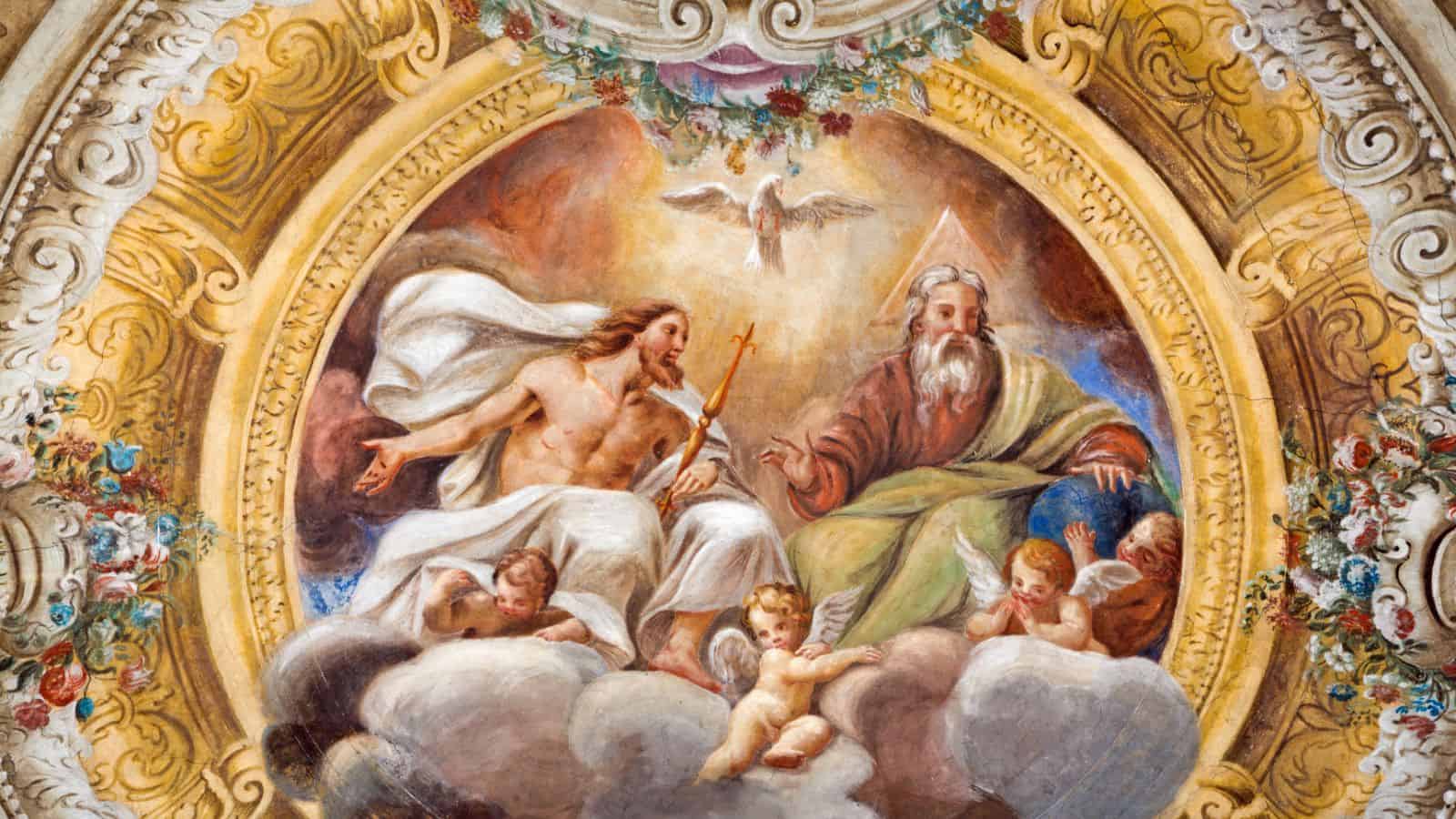
The Holy Trinity is the central doctrine in Christianity and consists of God being Father, Son, and Holy Spirit. The idea was created in Roman times. According to the BBC, it shows God as the Father or creator of things; the Son or person of Jesus Christ; and the Holy Spirit, showing how He is active in the world.
Christian Holidays

It was during the 4th century that leaders decided to start celebrating the birth of Jesus, which is now known as Christmas Day. In most Christian cultures, the day is celebrated on December 25th. Easter was thought to be celebrated even earlier and dates back to the 2nd century.
Early Christian Martyrs
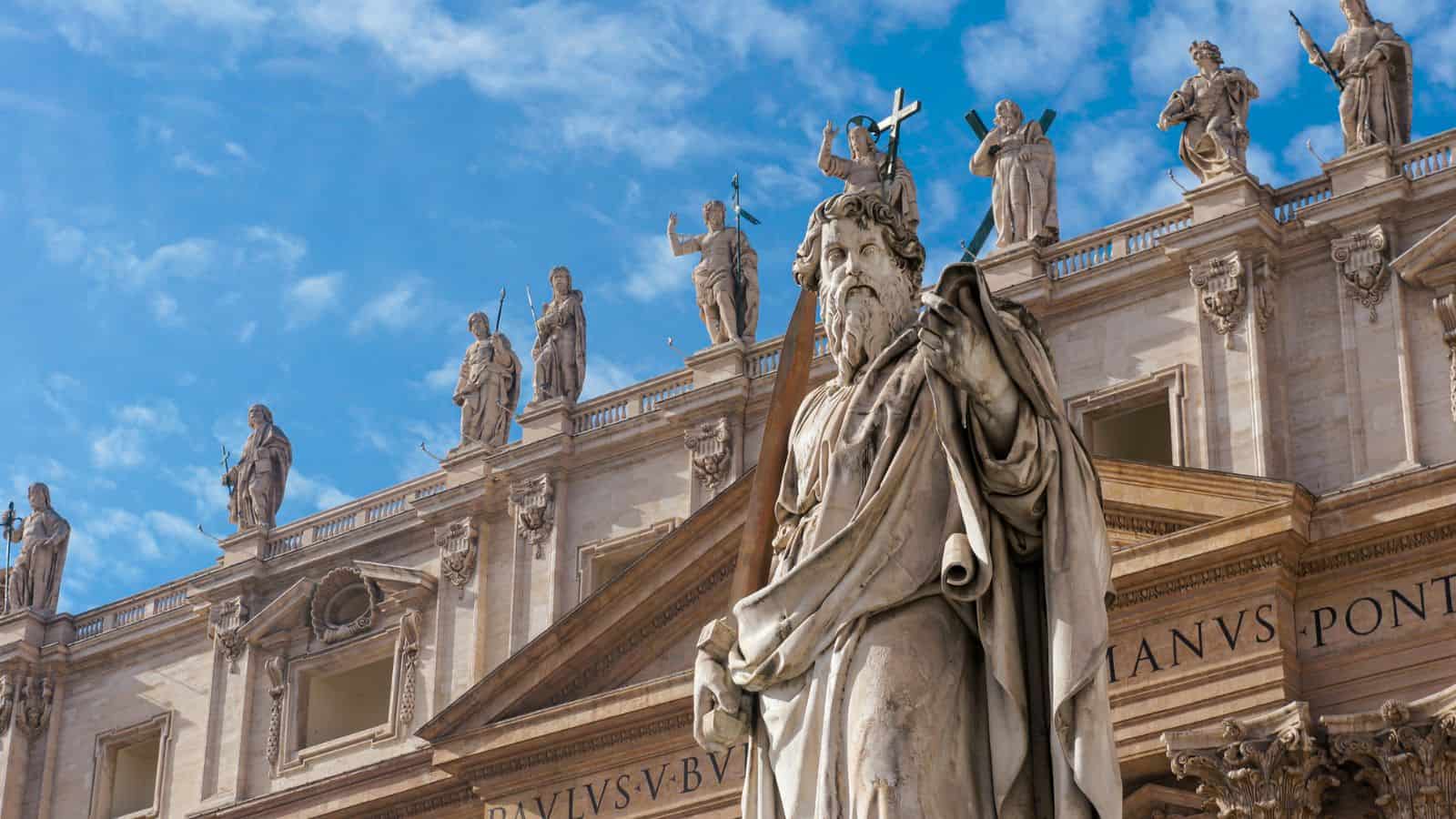
Early Christianity saw many martyrs, as it wasn’t accepted until later in the Roman Empire. This included Jesus’s disciples, such as Peter and Paul. Peter was crucified upside down and Paul was beheaded. It was these executions that saw more people become believers in the Christian faith.
The Holy Communion
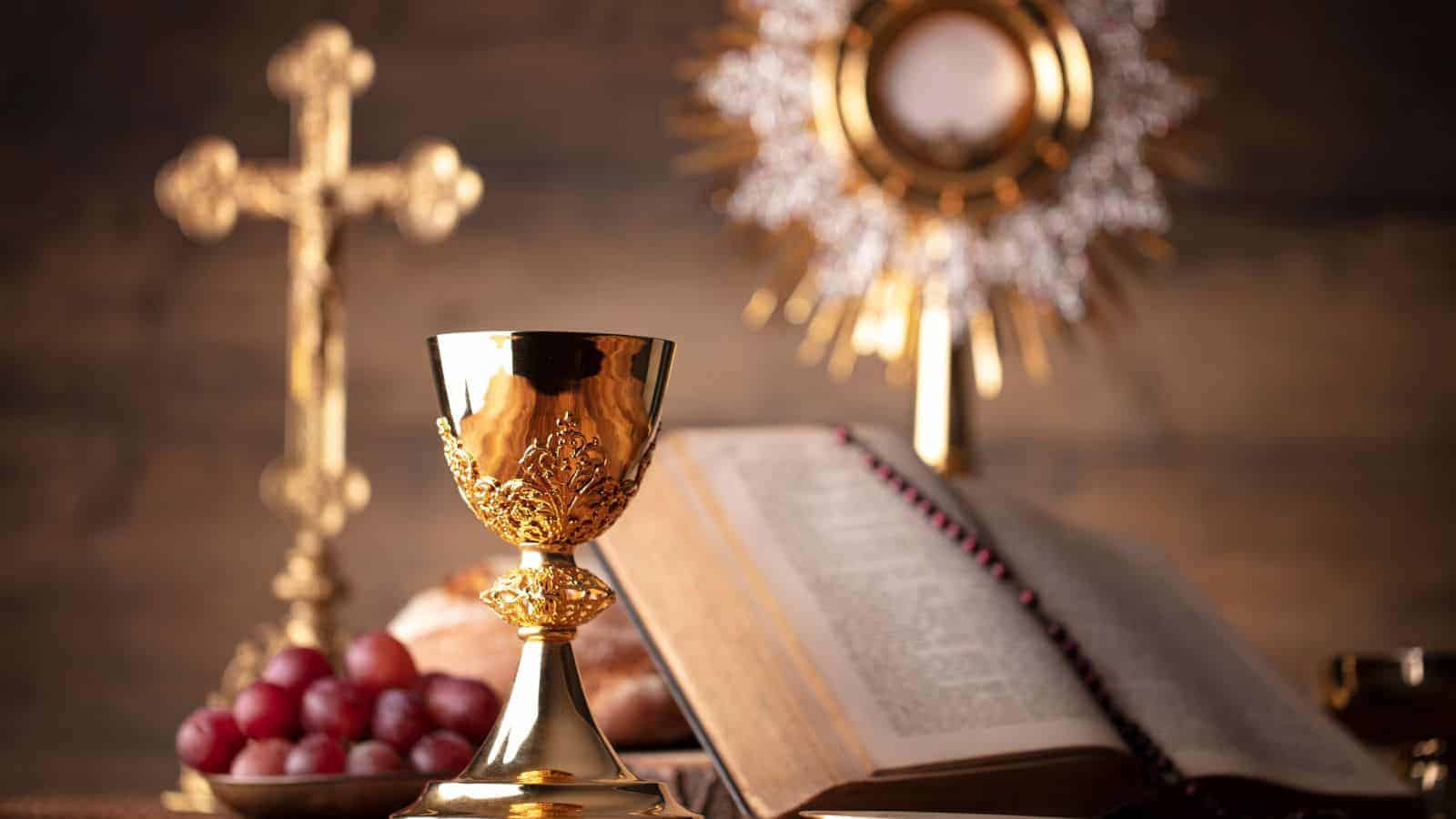
The Holy Communion, also known as the Eucharist, consists of consuming bread and wine. The bread is supposed to represent the body of Christ, while the wine represents His blood. This act is used as a way to remember Jesus’s Last Supper. Over history, it’s become a significant part of Christianity.
Heaven and Hell
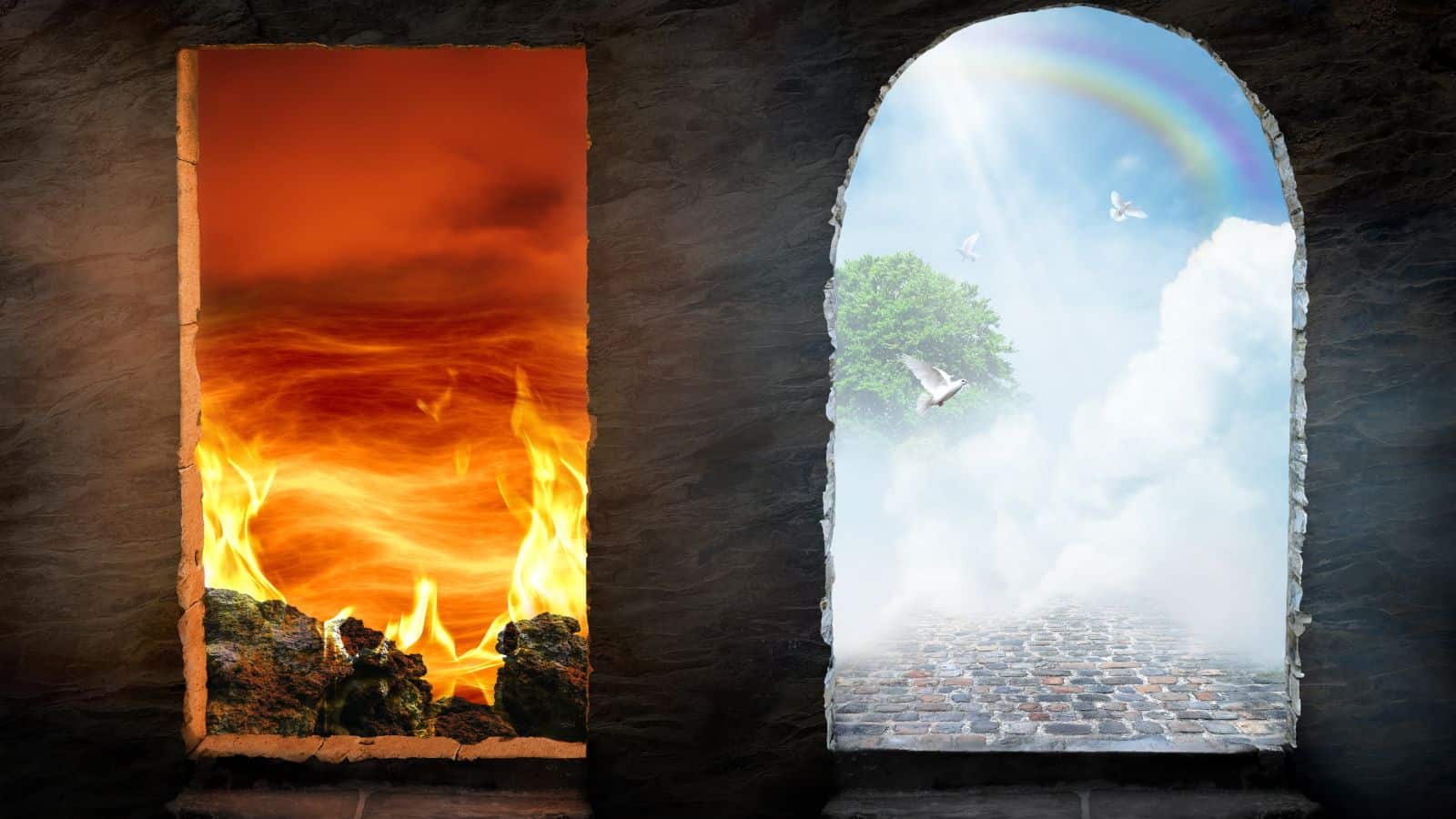
The concept of Hell was created long after the death of Jesus. According to Time, “Neither Jesus nor the Hebrew Bible He interpreted endorsed the view that departed souls go to paradise or everlasting pain.” These ideas, however, have become a central part of Christianity.
Miracles
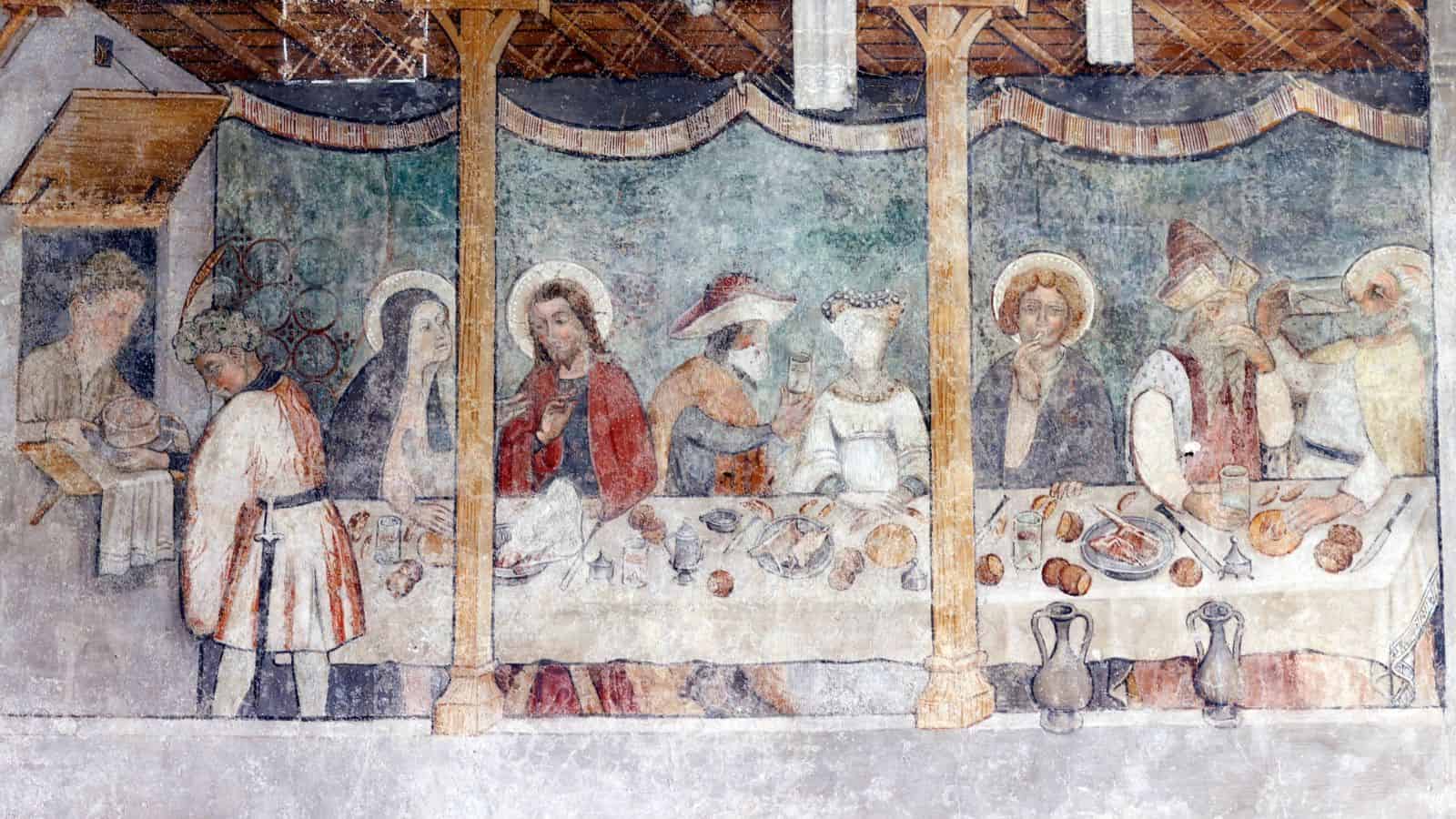
Jesus is known for performing many miracles; for example, He walked on water and healed the sick. These miracles have helped to develop Christianity into what it is today, as they’ve given people an understanding of the role of Jesus while He was on Earth. They reflect His compassion and divinity.
Baptism
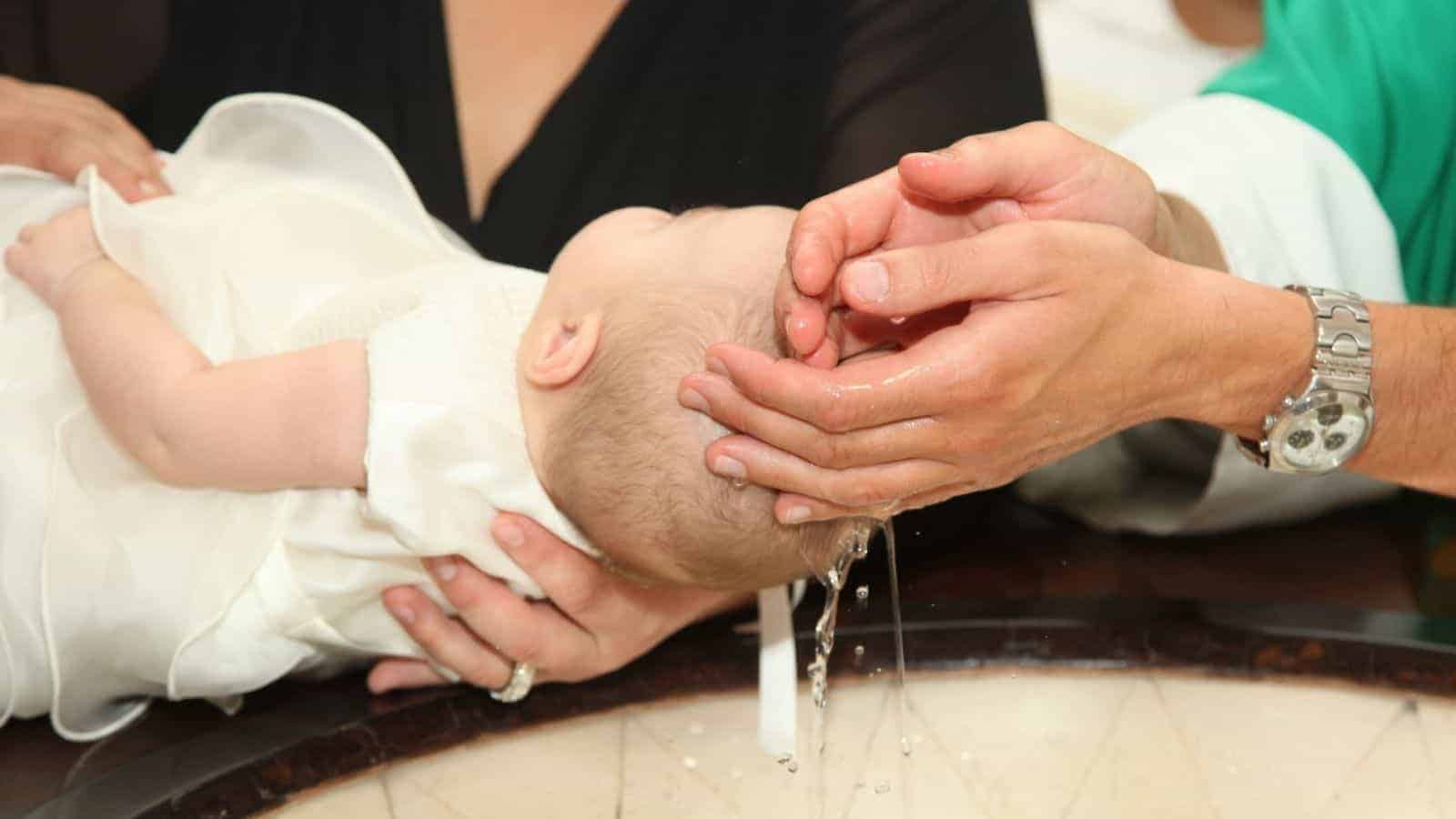
Baptism has always been an important part of Christianity and dates back to the 1st century. It’s seen as a ritual and a way to mark someone’s entry into Christianity. Water is used as a sign of purification, with baptism being used as a way to cleanse someone spiritually and be reborn in Christ.
Global Reach

Since the beginning of the 1st century, Christianity has continued to spread, and it has become more and more popular. In modern times, the world now has 2.4 billion Christians. The religion has spread across the world, with Christians found in many different countries. Colonialism has been the main reason for the spread of Christianity.
Christian Teachings in Western Civilization

Christianity has had a huge impact on art, culture, literature, and fashion over the course of history. In Western civilization, we’ve seen works of art such as The Last Supper by Leonardo Di Vinci from 1498 and impacts on cultures such as laws being made with the help of the Ten Commandments.
Protestant Reformation
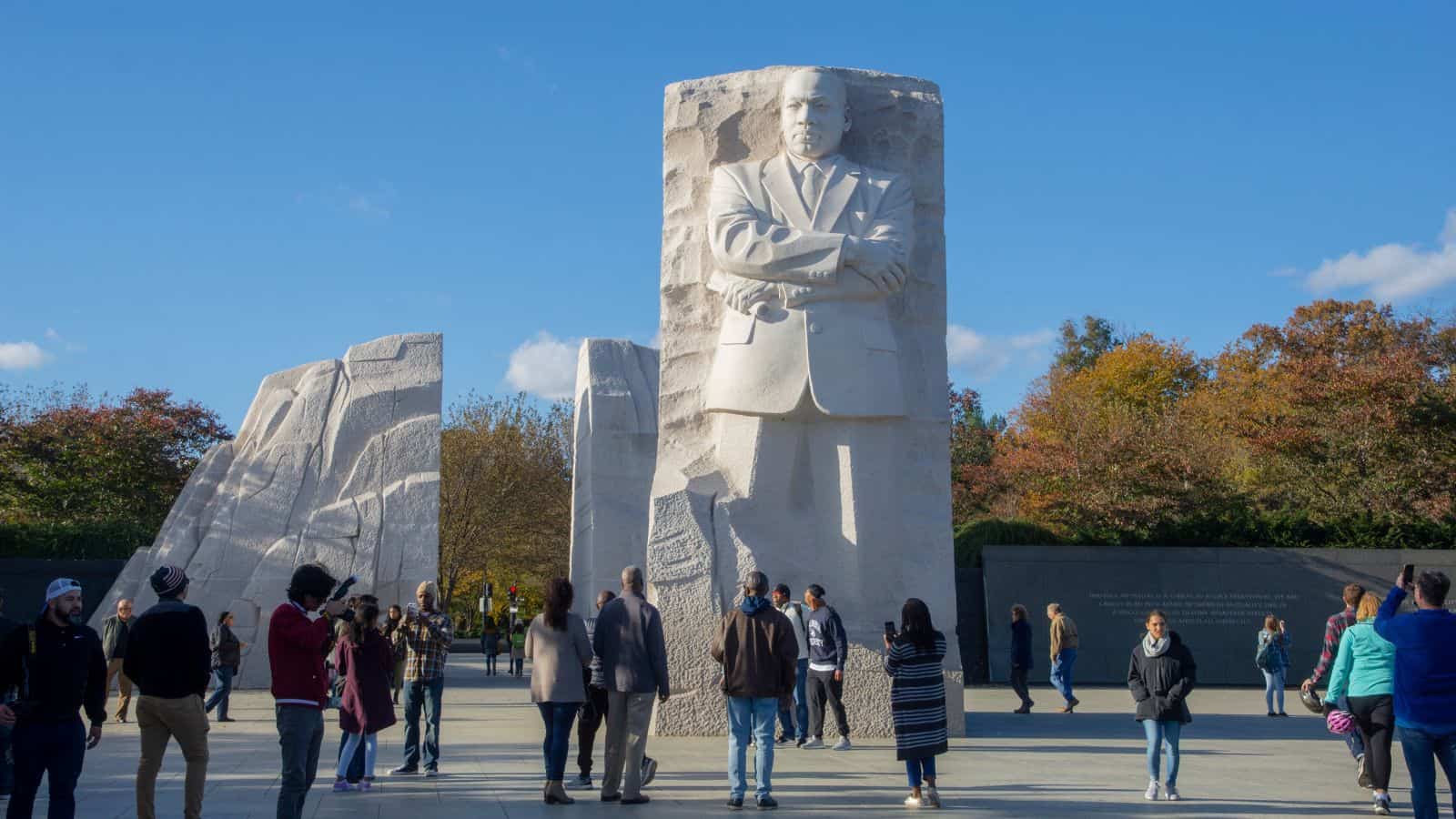
The Protestant Reformation significantly changed Christianity. It was initiated by Martin Luther in 1517, who wanted to make changes to the Christian Church. As a result of this, many Protestant denominations were created, with the most notable ones being Presbyterian and Baptist.
The Pope
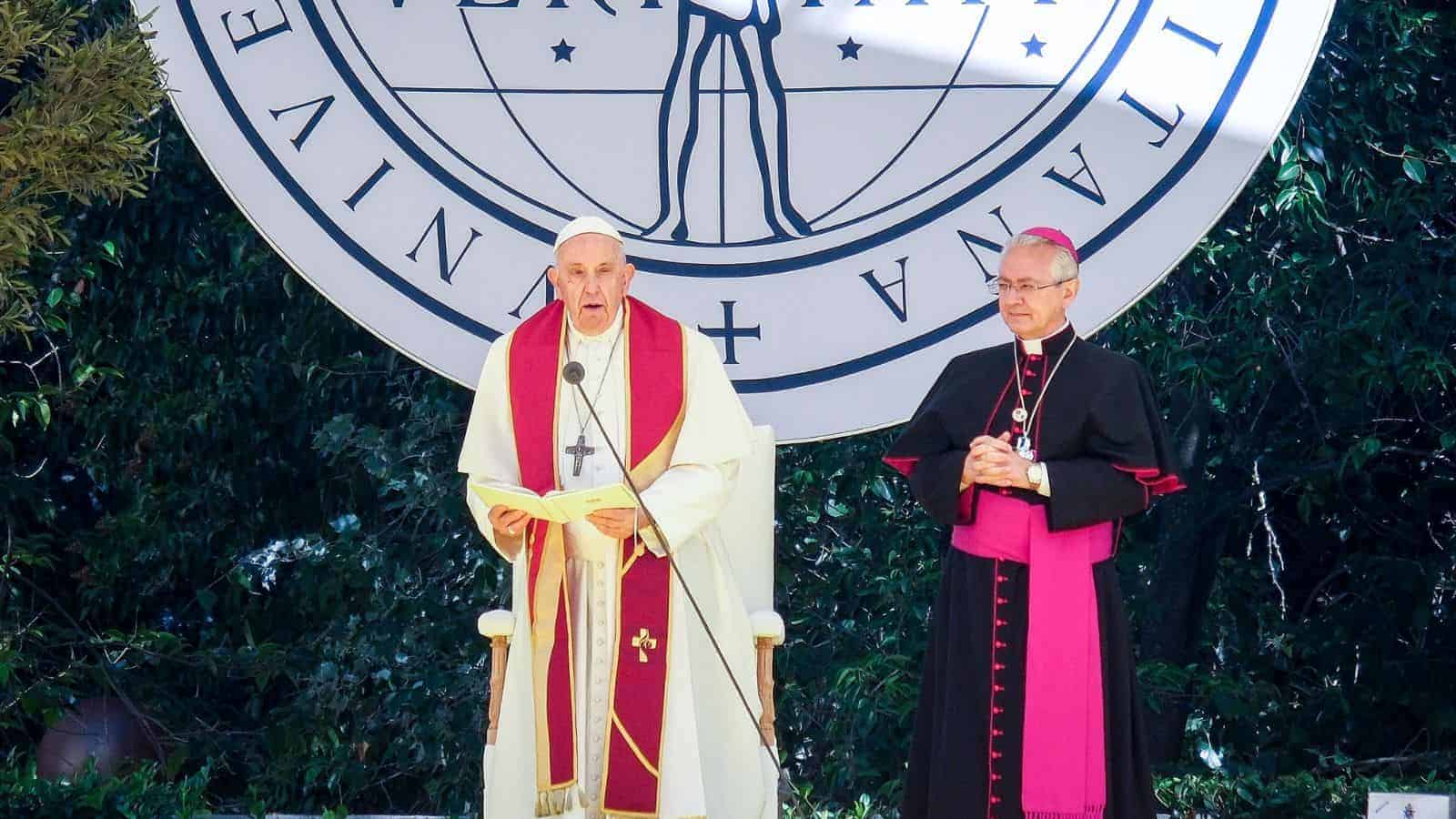
The Pope is the head of the Catholic Church. Being pope dates all the way back to Peter, one of Jesus’s 12 disciples, who was the first-ever pope. The pope is now based in Vatican City and has a great influence on Catholicism, which is Christianity’s largest denomination.
The Holy Land
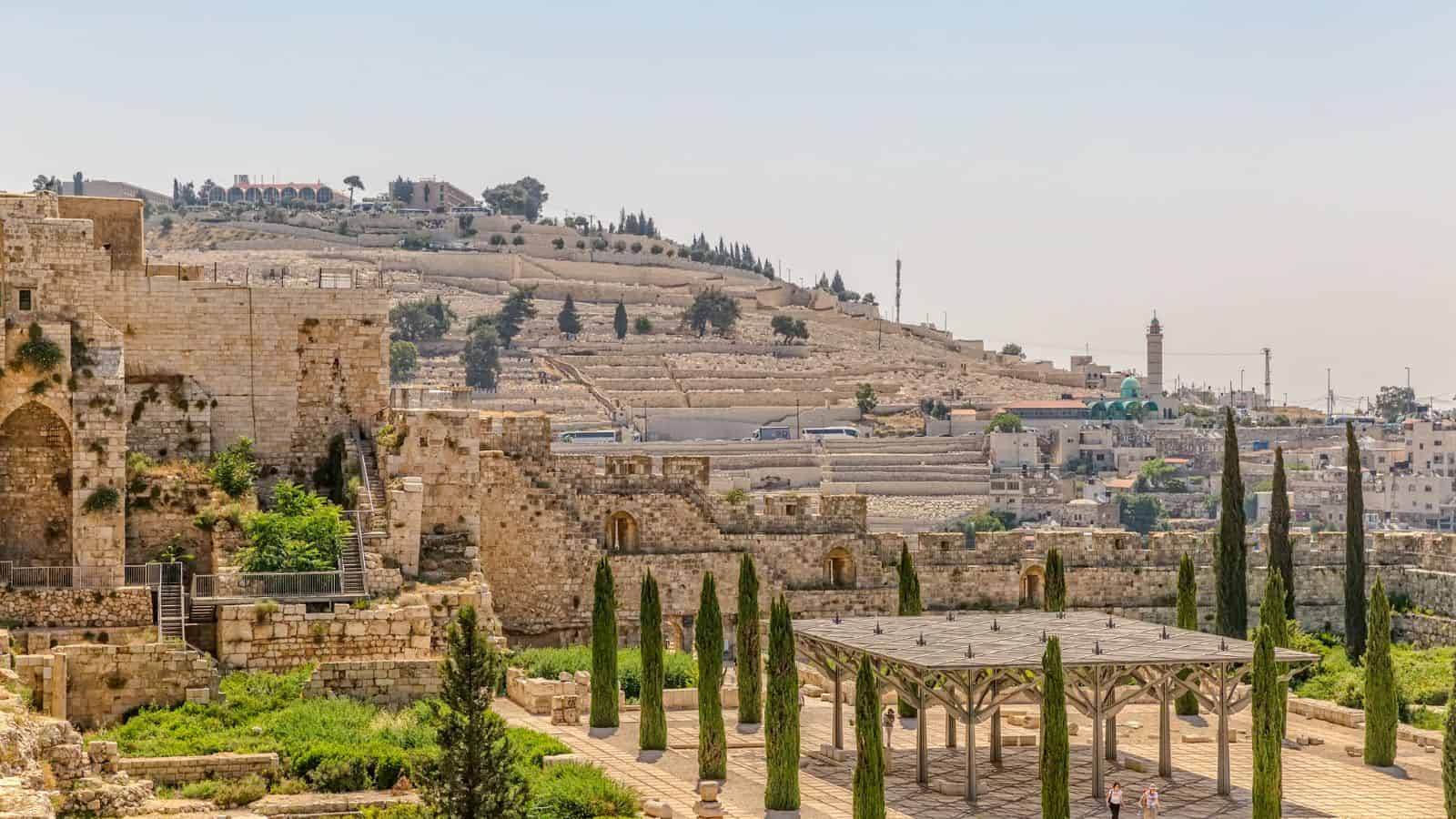
The Swedish Nomad writes, “Jerusalem is perhaps the holiest city in the world since it’s an important site for Jews, Christians, as well as Muslims.” It’s home to famous Christian sites such as the Church of the Holy Sepulcher, making it a popular destination for Christians, who can also take part in pilgrimages to the holy land.
The Apostles
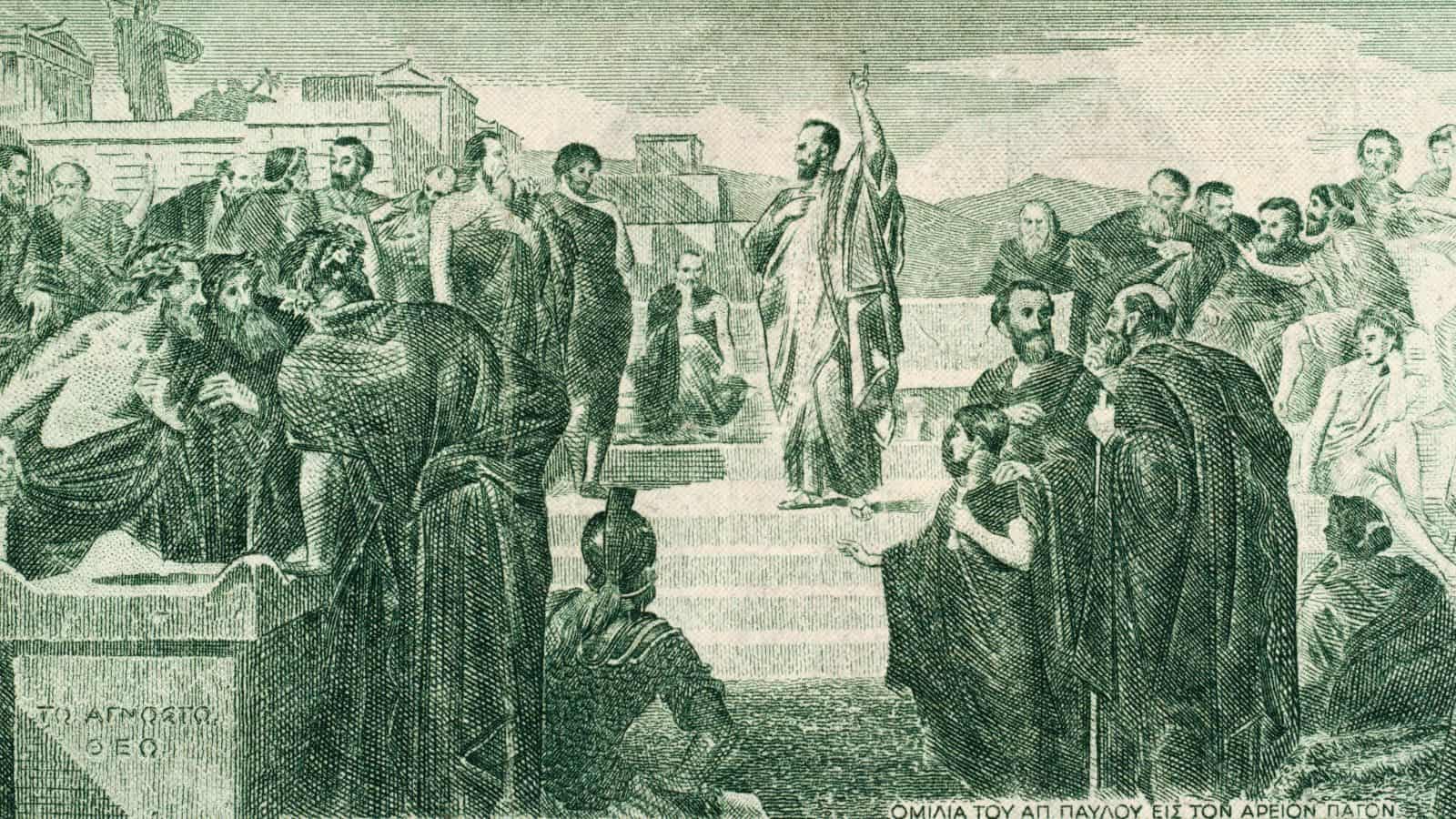
The apostles were Paul and Peter, with both playing a huge role in spreading Christianity after the resurrection of Jesus Christ. It’s thought that Peter established the Catholic Church, which is why he became the first pope. Paul was thought to encourage Christian communities throughout the Roman Empire.
Up Next: Do You Know Your Rights? 17 Things You Don’t Have to Answer When Stopped by Police
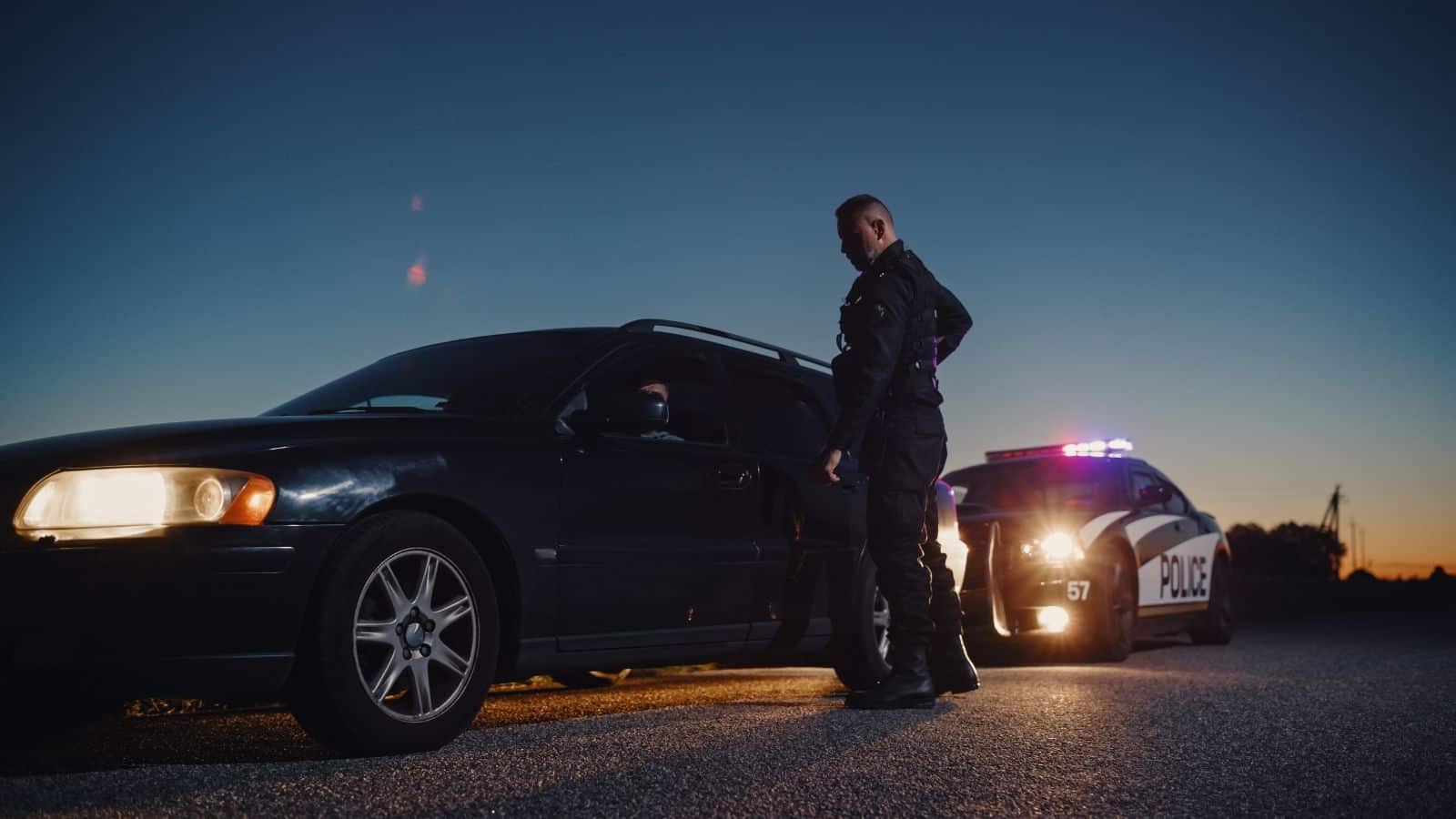
The thought of getting stopped by the police is a nerve-wracking prospect for most people. It can be even worse if you’re not sure what you should and shouldn’t say, creating a sense of paranoia, anxiety, and confusion. If you’re worried about the potential for a confrontation with the cops, we’re here to help. This list covers 17 things you don’t have to answer when stopped by police officers.
Do You Know Your Rights? 17 Things You Don’t Have to Answer When Stopped by Police
18 Things That Say You Are Middle-Class and Not Rich

The difference between the rich and middle class can be confusing, but the two couldn’t be further from each other in reality. In this article, we look at 18 signs that someone is middle class but not at all rich or wealthy.
18 Things That Say You Are Middle-Class and Not Rich
18 Reasons You Feel Like You Don’t Belong Anywhere

Feeling like you don’t belong anywhere can feel incredibly isolating. We need companionship to keep us connected to the world, so if you’re struggling to form relationships and don’t feel that you don’t fit in, here are 18 reasons why that might be.
